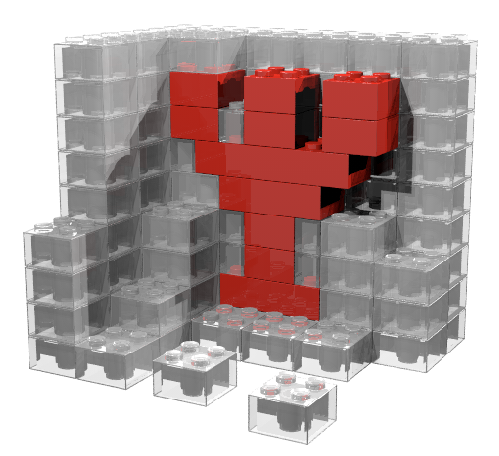
A PhD project offered by Dr Jorge Quintanilla and Prof Paul Strange (Physics) - to investigate quantum advantage in non-signalling coordination protocols using quantum computers
(about the first supervisor) (about the second supervisor) (to application instructions)
Deadline to submit an application: Wednesday 15 May 2024, 23:59GMT.
Project description:
Non-signalling coordination of spatially-separated units is useful when communication is hindered, for instance, by environmental factors, high latency, or spectrum saturation, or when it is not desirable for security reasons. In particular, a “rendezvous problem” involves two agents trying to find each other as quickly as possible without knowing each other’s locations. Similarly, “graph domination” involves coordinating several units to explore as much of a search space as possible. Developing optimal protocols is often highly non-trivial.
Very recently [P. Mironowicz New. J. Phys. (2023)] it has been found that if the “players” in one of these “games” share an entangled quantum memory there are non-signalling strategies available to them that surpass any possible non-quantum strategy. Our group in Kent have obtained the first explicit protocols for quantum-assisted rendezvous and we have demonstrated the quantum advantage using real IBM quantum hardware [J. Tucker, P. Strange, P. Mironowicz, and J. Quintanilla, manuscript in preparation]. No such results exist yet for graph domination.
The proposed project will focus on the graph domination task. We will develop protocols achieving quantum advantage and demonstrate them using quantum computers. Our work will be directly informed by a wide range of potential applications, for instance in asteroid mining, drone swarm formations and cognitive radio networks, to name a few examples.
Initially, we will tackle simple scenarios where optimal protocols can be obtained theoretically. Subsequently we will address more realistic situations, requiring complex wave functions, using hybrid algorithms (classical and quantum computers working in tandem). In this approach, inspired by quantum eigensolvers, the classical machine tries different protocols using an evolutionary algorithm but the evolving wave function (which is difficult to simulate numerically) is held in a quantum processor.
The applicant should have a first degree in Physics, Mathematics, Computer Science or other related STEM field.
The student carrying out this project will be registered for a PhD in the School of Physics & Astronomy. The student will become a member of the Physics of Quantum Materials group, with a vibrant and supportive research environment.
Supervisors: Dr Jorge Quintanilla (j.quintanilla@kent.ac.uk; research.kent.ac.uk/pqm/person/jorge-quintanilla/) and Prof Paul Strange (p.strange@kent.ac.uk; research.kent.ac.uk/paulstrange/).
A full list of projects and instructions on how to apply can be found here:
Please make sure you follow all the instructions given in that webpage.
Deadline to submit an application: Wednesday 15 May 2024, 23:59GMT.
(about the first supervisor) (about the second supervisor) (to application instructions)